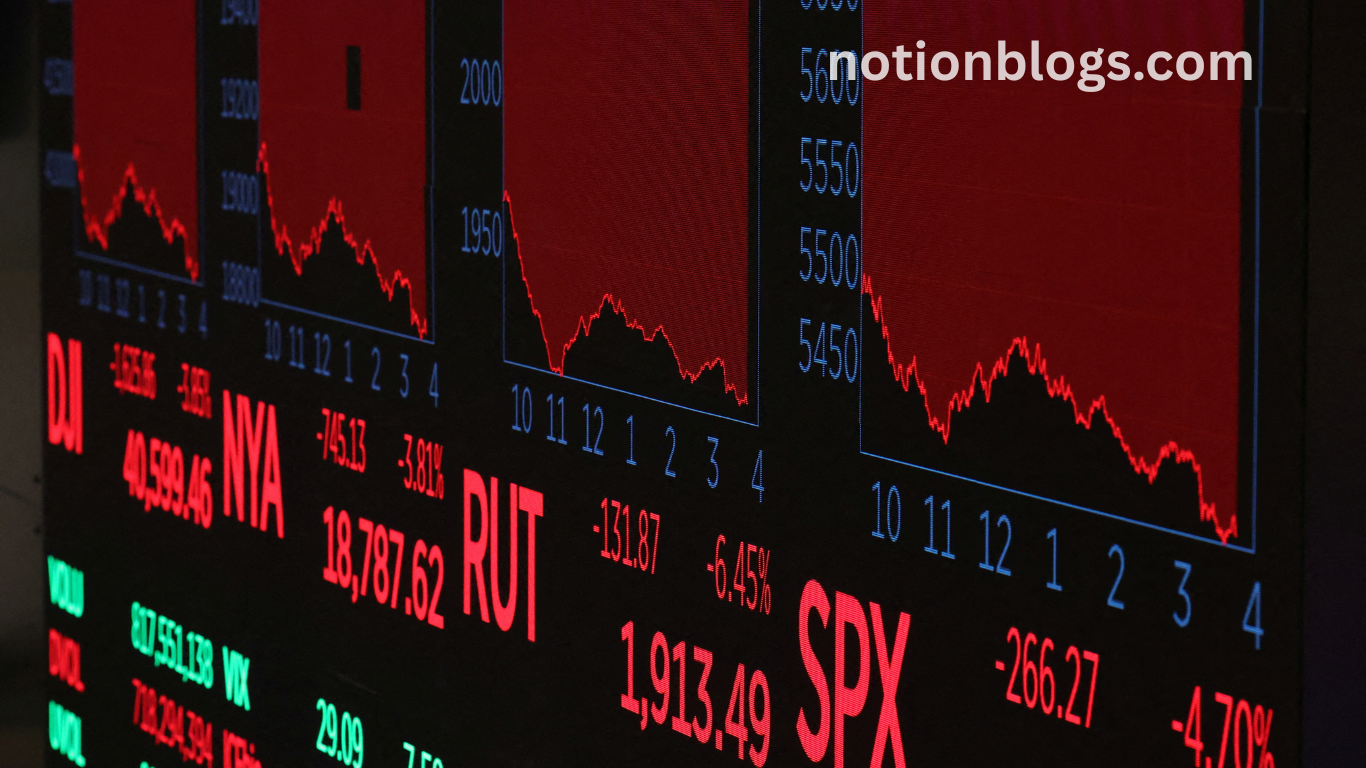April’s job market report showed continued momentum in the U.S. labor market, but intensifying trade tensions cast a looming shadow. The month brought steady employment gains, signaling resilience in sectors like healthcare, hospitality, and construction. However, escalating tariffs and strained global relationships threaten to derail progress just as recovery from prior economic setbacks gains steam.
Trade tensions, particularly with major partners like China and the European Union, have increased uncertainty for U.S. employers. Companies reliant on global supply chains are facing rising costs, while export-driven industries confront diminishing overseas demand. As policymakers and businesses navigate this complex economic climate, the stability of recent job growth could become increasingly vulnerable. Understanding how these tensions intersect with employment trends is essential to anticipating the labor market’s future trajectory.
The Fragile Balance Between Job Growth and Global Trade Conflicts
Trade relationships directly influence U.S. employment through supply chains, investment flows, and export markets. When tensions rise, companies may delay hiring, expansion, or shift production abroad. The April job report showed growth, but subtle signs of strain are emerging—especially in manufacturing and logistics sectors reliant on foreign inputs and markets. If tariffs rise further, job growth could stall, reversing gains made over the last year.
Manufacturing Industry Faces Mounting Pressure From Rising Tariff Costs
The manufacturing sector, often a bellwether of broader economic health, is feeling the heat. Increased tariffs on imported materials like steel, aluminum, and semiconductors have driven up production costs. Many companies are trimming margins or passing prices on to consumers. Others have slowed hiring, citing reduced global demand and policy uncertainty. April’s modest manufacturing job gains may not hold if these pressures persist into Q2 and Q3.
Export-Oriented Businesses Brace for Global Retaliation and Lower Demand
American exporters are seeing warning signs as partners hit by U.S. tariffs respond with retaliatory duties. Sectors like agriculture, automotive, and aerospace are particularly exposed. April saw weaker growth in these areas, and ongoing retaliation could deepen the impact. Reduced overseas demand leads to cutbacks in domestic hiring, especially in rural areas and factory towns. The job market’s future could hinge on trade de-escalation.
Small and Mid-Sized Enterprises Struggle With Unpredictable Policy Landscape
SMEs often lack the financial buffer of large corporations and are disproportionately impacted by supply chain disruptions. Many rely on components from Asia or Europe and find themselves squeezed between rising import costs and limited ability to raise prices. As trade uncertainty persists, these businesses may freeze hiring or delay planned expansions. April’s jobs data revealed a dip in small business hiring momentum, raising concern for long-term employment growth.
Read More : India-Pakistan updates-Ceasefire holds a day after deadly fighting halted
Consumer Spending and Confidence React to Price Hikes From Trade Barriers
As tariffs inflate prices on everyday goods—from electronics to groceries—consumers tighten their wallets. This reduced spending affects retail, travel, and entertainment industries, leading to slower job creation in service sectors. While April posted healthy service-sector gains, economists caution that sustained price hikes could reverse that trend. Consumer confidence indicators dipped slightly, a subtle signal of growing public concern over trade tensions.
Technology Sector Navigates Supply Chain Uncertainty and Global Licensing Disputes
The tech industry thrives on global connectivity, and trade conflicts disrupt everything from chip manufacturing to app distribution. Licensing disputes and bans on tech exports to certain countries have increased regulatory burdens. While tech hiring remains strong overall, April’s report highlighted slowing momentum in hardware and semiconductor fields. If trade barriers persist, companies may move operations abroad, affecting U.S. tech employment in the long term.
Labor Market Resilience Tested by Volatility in Commodity and Energy Markets
Global trade tensions ripple into commodity and energy markets, affecting everything from oil prices to raw material availability. These fluctuations influence jobs in sectors like mining, drilling, and energy services. In April, job growth in energy slowed, reflecting a cautious approach from companies uncertain about global demand. A prolonged trade war could increase volatility, making employers hesitant to invest or hire aggressively.
Policy Responses and Market Reactions Shape the Road Ahead for U.S. Employment
The Federal Reserve, White House, and trade negotiators all play key roles in shaping outcomes. Market reactions to policy signals can trigger investment booms—or busts. April’s job numbers reflect cautious optimism, but economic uncertainty is leading some firms to shift toward automation or offshoring. As trade talks evolve, so will hiring strategies. Employers and workers alike are watching developments closely, awaiting signs of resolution or escalation.
Frequently Asked Questions
How do trade tensions affect job creation in the U.S.?
Trade tensions can increase costs, reduce exports, and lead to cautious hiring, especially in industries reliant on global supply chains.
Which industries are most vulnerable to trade disputes?
Manufacturing, agriculture, technology, and export-heavy sectors like aerospace are most at risk from rising tariffs and global retaliation.
Did the U.S. add jobs in April 2025 despite trade concerns?
Yes, the U.S. added jobs in April, but the pace of growth slowed in key sectors affected by trade volatility.
Are small businesses affected more than large corporations?
Yes, small and mid-sized enterprises often lack the resources to absorb rising import costs and may reduce hiring.
Could prolonged trade tensions lead to a recession?
If trade conflicts intensify and consumer confidence drops, the economy could slow and potentially lead to a recession.
How do trade barriers impact consumers?
Tariffs can increase prices on consumer goods, leading to reduced spending and affecting service-sector employment.
What role does the Federal Reserve play in this situation?
The Fed monitors inflation and employment; if trade tensions escalate, it may adjust interest rates to stabilize the economy.
Can trade agreements resolve these job-related issues?
Yes, renewed or renegotiated trade deals can restore stability, reduce uncertainty, and support job growth across industries.
Conclusion
Trade tensions continue to challenge the momentum seen in April’s job gains, especially in key sectors like manufacturing and exports. As global conflicts persist, the labor market’s resilience will depend heavily on diplomatic outcomes and strategic responses from both government and business. Stakeholders must remain alert and adaptive in this uncertain economic climate.



